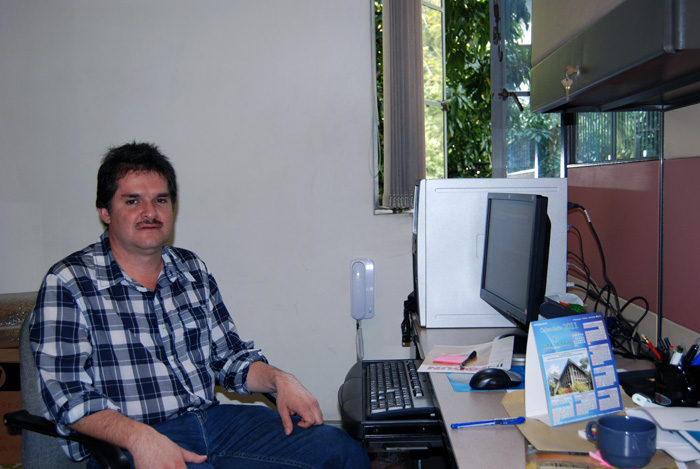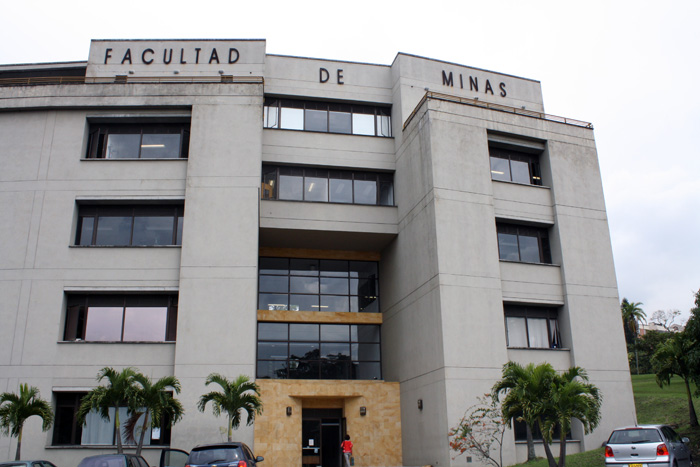This method used by researchers consist in evaluating the effect of biodiesel in the performance of engines and the behavior of their emissions with mixtures, as well as making comparisons when combining raw materials for the elaboration of such fuels.
This scientific advancement is led by the Research Group on Bioprocesses and Reactive Flows of Medellin Campus. It makes part of the work line of biofuels that counts with 10 years of experience; for this reason it is one of the pioneers in Colombia in studying the topic of Biodiesels in depth.
Pedro Benjumea, a member of the group that carries the investigations, asserted that by modifying the chemical composition, they "could optimize and design a biodiesel that does not increase the emissions of nitrogen oxide, since this is one of the main problems in the world regarding the use of fuels due to their effect on the environment."
Benjumea explained that the mixture to obtain a more beneficial biodiesel is the processing or tropical raw materials, such as the oil extracted from palm planted in Colombia, and soy oil used in the US or extracted in Europe, since, according to the professor, both plants have notable differences and, precisely, that is the positive outcome of this finding.
This study proves that from the use of mixtures, proposed by the group from Universidad Nacional de Colombia, not only complies the norms of sustainable development and the use of biofulels, but also improves their quality.
"This proves to the biodiesel industries that in their plants they have to use different types of raw materials," asserted Benjumea. He also mentioned that this study is being performed in alliance with Universidad de Antioquia.
The experimental process that resulted in the outcome of the investigation was carried out in a room with the instruments and equipment, and a matrix of bioduiesel fuel from different origins, which was used to achieve the isolation and study of the saturation effects and composition of them.
This study form the researchers was recognized in the Colombian Congress of Gas and Petroleum, with the presence of more than six thousand people from the Oil Engineering sector and the industrial sector of the country.
 Correo Electrónico
Correo Electrónico
 DNINFOA - SIA
DNINFOA - SIA
 Bibliotecas
Bibliotecas
 Convocatorias
Convocatorias
 Identidad UNAL
Identidad UNAL





